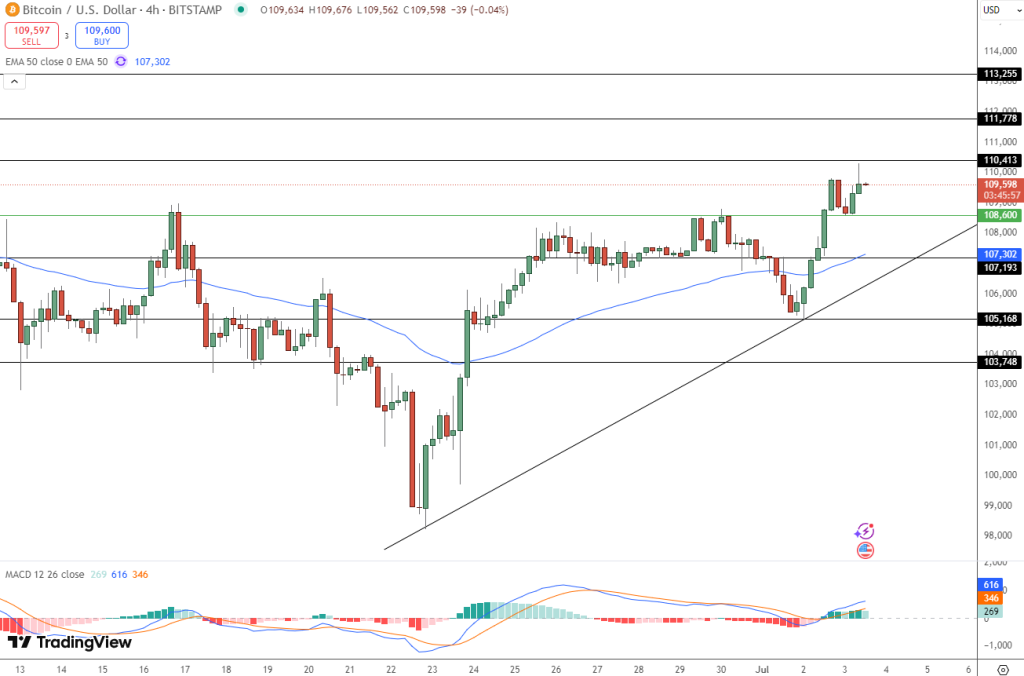Ukraine has struck a military target inside Russia using US-made long-range Atacms missiles for the first time since Joe Biden’s administration lifted restrictions on their use, according to Ukrainian officials.
Warheads launched by the Army Tactical Missile System, or Atacms, hit a large weapons arsenal near the town of Karachev in Russia’s Bryansk region on Tuesday, more than 115km from the Ukrainian border, the officials said.
The depot is 190km north of the frontline in the neighbouring Kursk region, where Russian forces are trying to push out Ukrainian troops who occupy about 600 sq km of territory after their surprise incursion in August.
The strikes came on the 1,000th day of the Kremlin’s full-scale invasion of Ukraine. Kyiv has pleaded with Washington for more than a year for permission to use the missiles to strike military equipment within Russia.
President Biden’s decision to lift the restrictions on their use marked a major US policy shift ahead of the return to power in January of president-elect Donald Trump, who has promised to bring the Ukraine war to a swift end without specifying how he would do so.
The Russian ministry of defence confirmed an attack on its soil had taken place, but said its air defence systems shot down five of six Atacms missiles over the Bryansk region.
Videos circulated on Telegram showed a military facility in flames and a smoke trail in the sky above it.
“Without the Americans, it is impossible to use these high-tech missiles,” Sergei Lavrov, Russian foreign minister, said in comments quoted by Reuters. He also noted recent alterations to Russia’s nuclear doctrine on Tuesday that lower the thresholds for first use.
One video posted by Ukrainian blogger Ihor Lachenkov, who has close ties to the Ukrainian armed forces, purported to show the launch of two Atacms missiles.
“The first stars have taken off; the sky looks beautiful when Russian ammunition depots explode,” Lachenkov said in a comment accompanying the video.
People familiar with Biden’s decision said the US president granted limited use of the Atacms inside Russia, adding that they would most likely be used to help Ukraine in its operation in the Kursk region.
Russia has amassed a force of 50,000 soldiers in Kursk, including 10,000 North Koreans armed with heavy artillery and rocket systems sent by Pyongyang, ahead of an expected operation to try to expel the Ukrainians.
Ukraine’s General Staff did not confirm the use of Atacms but claimed responsibility for the strikes on the Russian arsenal, which it had previously attacked with drones.
“The destruction of ammunition depots will continue for the army of the Russian occupiers in order to stop the armed aggression of the Russian Federation against Ukraine,” it said.
The attack was followed by 12 secondary explosions and detonations in the area of the strike, the General Staff said.
Neither the White House nor Ukrainian President Volodymyr Zelenskyy’s office has confirmed the US authorisation of the use of the Atacms. Following reports of the US policy shift, Zelenskyy said that “such things are not announced”.
“The missiles will speak for themselves,” he added.
Speaking to PBS News Hour on Monday, US national security adviser Jake Sullivan declined to confirm that Biden had authorised Kyiv’s use of Atacms but said he would “point out, though, for context . . . that Russia has just engaged in a massive escalation in this war”.
“They have brought in a foreign army, North Korea, North Korean troops, to the front lines of the battle, and that represents a sea change in the nature of this conflict,” he said.
Russian President Vladimir Putin signed a decree on Tuesday that lowered Moscow’s potential threshold for using nuclear weapons to include attacks by advanced western weapons such as Atacms.
The updated doctrine contains several clear warnings aimed at dissuading Ukraine’s allies, particularly the US, from letting Kyiv attack mainland Russia with advanced western weapons including cruise missiles, air strikes and drones.
Putin has previously said such a move would essentially mean Nato countries were directly at war with Russia.
The updated doctrine said that if Russia was attacked by a non-nuclear state with support from a nuclear power — a clear reference to the US, UK and France — it would be considered a joint attack.
It added that an assault involving one member of a military alliance would be equated to an attack by the entire alliance, and that a strike on Moscow’s ally Belarus would be considered equivalent to a hit on Russia itself.
Putin has made frequent thinly veiled threats to use Russia’s nuclear deterrent against Ukraine or its western allies during the war, though he has never specified when, how or against whom it could carry out a potential strike.
“Russia could retaliate with WMD against Kyiv and key Nato facilities, wherever they’re located,” Dmitry Medvedev, a hawkish former stand-in president for Putin, posted on X. “That means World War III.”
Cartography by Steven Bernard
Credit: Source link











